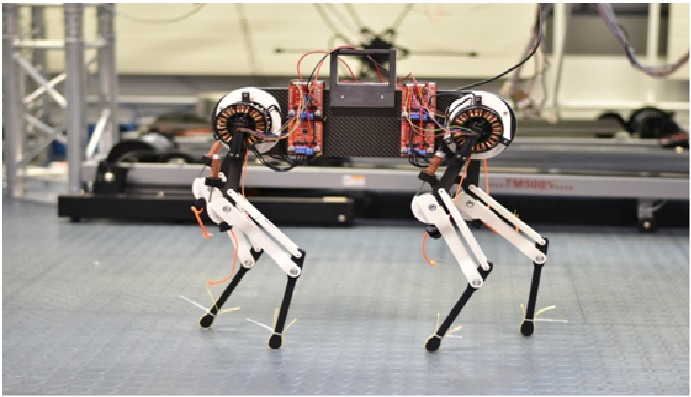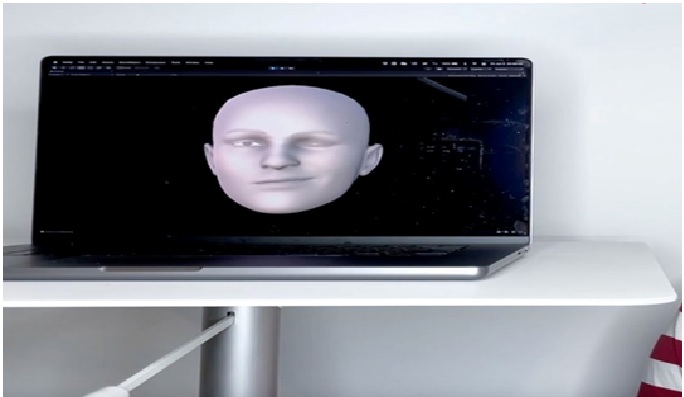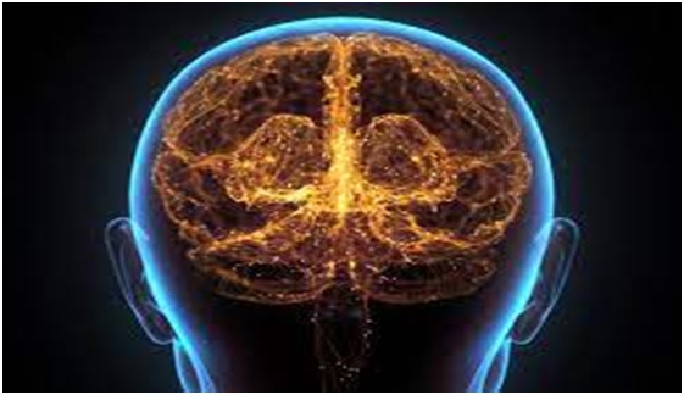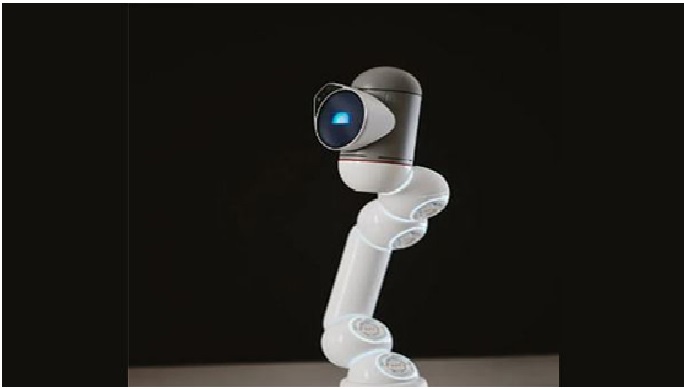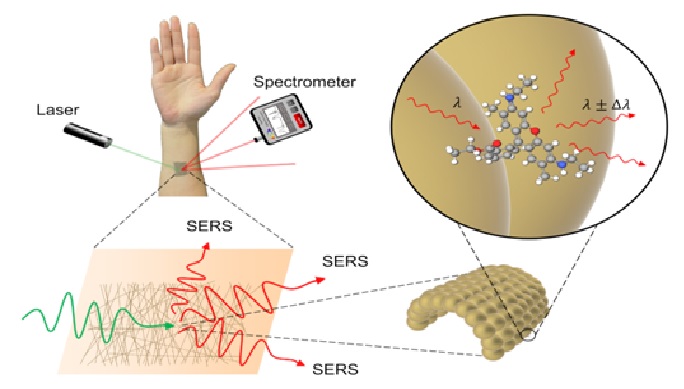Let your mind control the computer
With electric signals from human brains as the only input, new software can perform computerized image editing. This marks a new paradigm in artificial intelligence. Soon, we won’t need to use the Help function. The computer will sense that we have a problem and come to the rescue by itself. “We can make a computer edit images entirely based on thoughts generated by human subjects. The computer has absolutely no prior information about which features it is supposed to edit or how. Nobody has ever done this before,” says Associate Professor Tuukka Ruotsalo, Department of Computer Science, University of Copenhagen. [1]
With electric signals from human brains as the only input, new software can perform computerized image editing. This marks a new paradigm in artificial intelligence. Soon, we won’t need to use the Help function. The computer will sense that we have a problem and come to the rescue by itself. “We can make a computer edit images entirely based on thoughts generated by human subjects. The computer has absolutely no prior information about which features it is supposed to edit or how. Nobody has ever done this before,” says Associate Professor Tuukka Ruotsalo, Department of Computer Science, University of Copenhagen. [1]
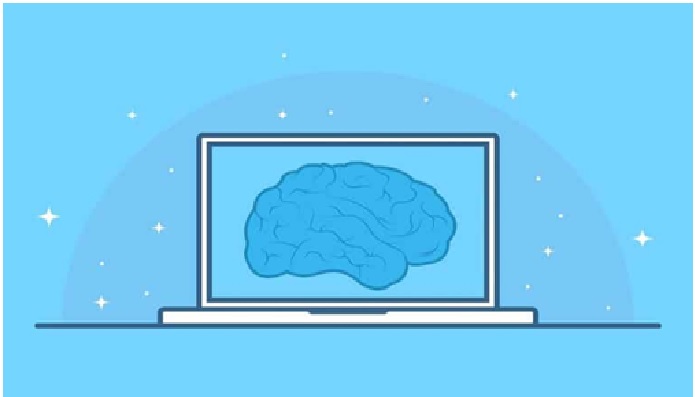
Figure 1. Let your mind control the computer
Figure 1 shows in the underlying study, 30 participants were equipped with hoods containing electrodes which map electrical brain signals (electro-encephalo-graphy; EEG). All participants were given the same 200 different facial images to look at. Also, they were given a series of tasks such as looking for female faces, looking for older people, looking for blond hair etc.
The participants would not perform any actions, just look briefly at the images – 0.5 second for each image. Based on their brain activity, the machine first maps the given preference and then edits the images accordingly. So, if the task was to look for older people, the computer would modify the portraits of the younger persons, making them look older. And if the task was to look for a given hair color, everybody would get that color. [2]
Calls for policy regulation
“Collecting individual brain signals does involve ethical issues. Whoever acquires this knowledge could potentially obtain deep insight into a persons’ preferences. We already see some trends.
People buy “smart” watches and similar devices able to record heart rate etc., but are we sure that data are not generated which give private corporations knowledge which we wouldn’t want to share?”
“I see this as an important aspect of academic work. Our research shows what is possible, but we shouldn’t do things just because they can be done. This is an area which in my view needs to be regulated by guidelines and public policies. If these are not adapted, private companies will just go ahead.”
References:
- https://indiaeducationdiary.in/university-of-copenhagen-let-your-mind-control-the-computer/
- https://science.ku.dk/english/press/news/2022/let-your-mind-control-the-computer/
- https://neurosciencenews.com/brain-computer-control-20910/
Cite this article:
Thanusri swetha J (2022), Let your mind control the computer, Anatechmaz, pp.154






